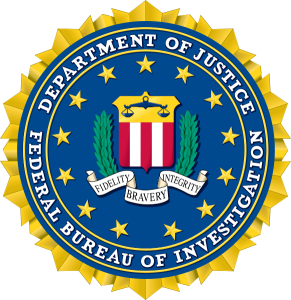 An apparent breakdown in the National Instant Check System is being blamed for a handgun purchase made by accused Charleston, SC, church gunman Dylann Roof about two months before the deadly shooting that left nine people dead and ignited a wave of indignation over the Confederate battle flag.
An apparent breakdown in the National Instant Check System is being blamed for a handgun purchase made by accused Charleston, SC, church gunman Dylann Roof about two months before the deadly shooting that left nine people dead and ignited a wave of indignation over the Confederate battle flag.
The Washington Post and Los Angeles Times both reported that FBI Director James B. Comey told a press briefing that there were breakdowns in the NICS system. Roof, he said, should never have been able to purchase a .45-caliber Glock semi-auto because at the time he had been arrested and was under investigation for drug violations.
The New York Times reported that “loopholes” have previously been found in the NICS system, which is operated by the FBI. According to that newspaper, one of those “loopholes” allowed thousands of prohibited persons to buy guns when they should not have. “That problem,” the newspaper said, “stemmed from the three-day period the government has to determine whether someone is eligible to buy a gun.”
The problem reportedly goes back at least ten years, and some of the firearms that prohibited people were allowed to purchase later were used in crimes.
Whether this will lead to legislation aimed at extending that period remains to be seen.
Comey told reporters that data was not properly entered into the NICS system computers, “or had been mishandled by an analyst,” the Washington Post said.
Roof has been charged for the mass shooting last month at Charleston’s Emanuel AME Church. Images of him holding a handgun and a Confederate battle flag have been used ad nauseam by the media and on social media, leading to the controversy over the flag, which was removed from the South Carolina State Capitol.
In a remark to reporters about the NICS problem, Comey said, “We are all sick this happened. We wish we could turn back time.”
The NICS system was part of the Brady law, passed in 1993 during the first Clinton administration. Many believe this law, combined with passage in 1994 of the Clinton crime bill that included a ten-year ban on so-called “assault weapons” brought angry gun owners to the polls in 1994, turning over complete control of Congress to Republicans for the first time in several years, and it lasted for 12 years. More than 50 Democrats, including House Speaker Tom Foley (D-WA) and House Judiciary Committee Chairman Jack Brooks lost their seats in the 1994 “Republican revolution.”



